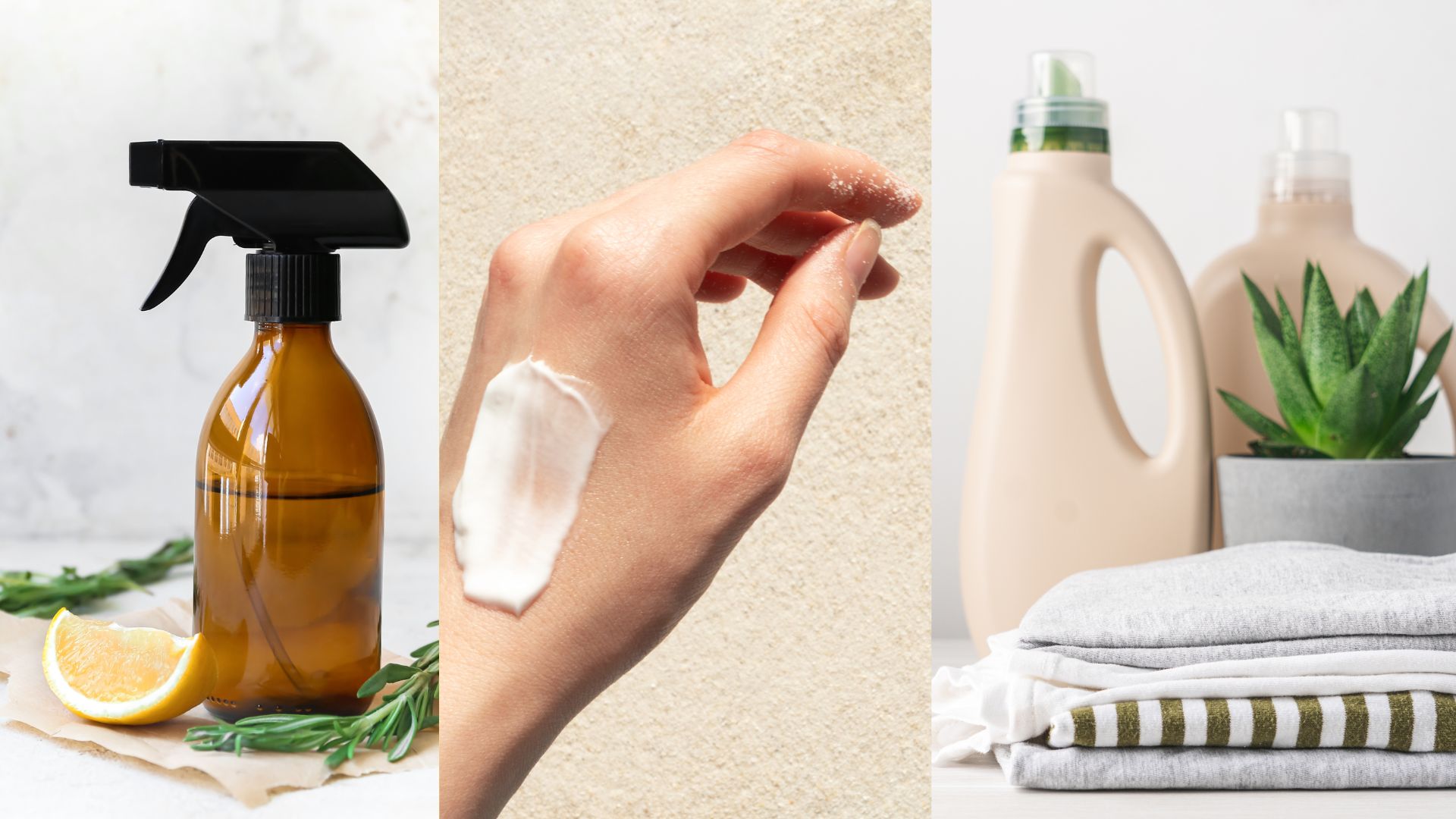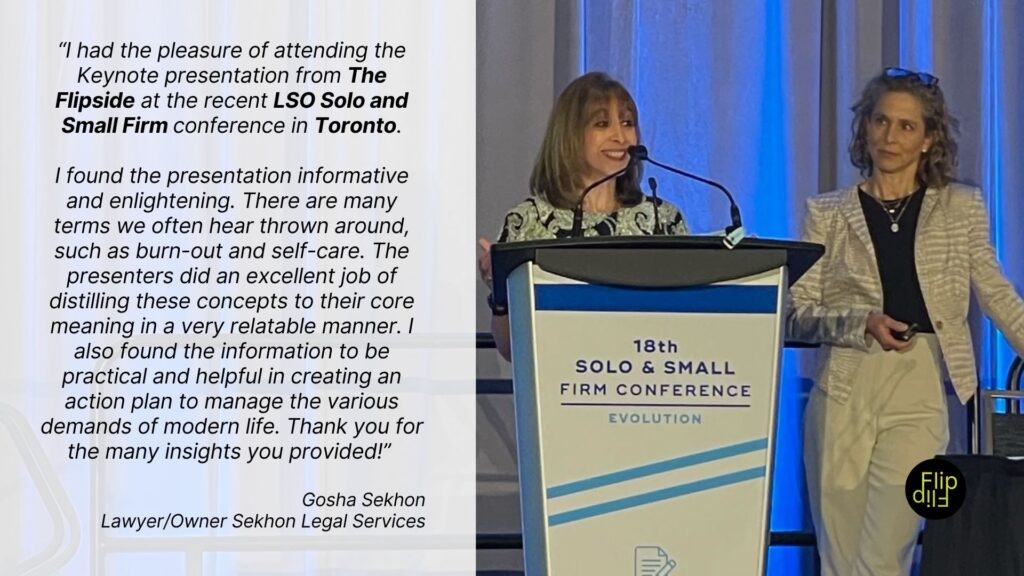Brain
Reducing Toxin Exposure for Better Hormonal Balance

Conversations about hormonal imbalances are increasingly common, especially among people in their 40s and 50s. Hormonal imbalance is not a disease, but it can trigger various health issues in both men and women and of course, if you happen to be a women in your 40s or 50s navigating the turbulent waters of perimenopause and menopause, you do not want to add wood to the fire.
What are the Causes of Hormonal Imbalance?
Several factors contribute to hormonal imbalances: diet, stress, poor sleep, and lack of exercise. These are the obvious ones. But additionally, exposure to toxins in food, air, water, household products, and personal care items also plays a significant role. While focusing on diet, sleep, stress reduction, and exercise is essential, addressing toxin exposure is equally important for maintaining hormonal balance.
Reducing Exposure to Toxins
Achieving a completely toxic-free life is challenging, if not impossible, but reducing exposure step by step is a practical approach. Below are some toxins to which we are constantly exposed and some ideas on how to minimize them.
1. Toxins in Food
Conventional farming often uses pesticides, herbicides, insecticides, and fungicides, which can end up in our bodies, but we have to eat. Right?
What Can You Do?
- Buy Organic Selectively: The Environmental Working Group (EWG) provides lists of fruits and vegetables that are most and least likely to contain pesticides, known as the “Dirty Dozen” and the “Clean Fifteen.” Prioritize buying organic for the “Dirty Dozen” and conventional for the “Clean Fifteen.”
- Seasonal and Local Produce: Buying in-season and local produce reduces your exposure to pesticides and you are also supporting the environment. Farmer’s markets are excellent sources of fresh, local produce during spring and summer. During the fall and winter months, there are still produce that is “in season” albeit not as varied as in the summer months, but it is an invitation to get creative with what is available. In addition, buying in season has a significant financial impact on your pocket as in season produce tends to be cheaper than off season produce.
2. Toxins in the Air
Air pollution is unavoidable, but we often invite additional pollutants into our homes through candles and air purifiers.
What Can You Do?
- If you like candles, the consider switching to Soy or Beeswax Candles: Traditional candles are often made of paraffin wax, a petroleum-based substance that releases toxic chemicals. Soy and beeswax candles are healthier alternatives. Using diffusers with essential oils is also a great alternative.
- Avoid Synthetic Fragrances: Chemical fragrances in candles and air fresheners can disrupt endocrine function. Opt for products with natural scents derived from essential oils.
3. Toxins in Personal Care Products
Many personal care products contain harmful chemicals that can be absorbed through the skin.
What Can You Do?
- Choose Unscented Products: Avoid products with synthetic fragrances. If you prefer scented products, ensure the scent comes from essential oils.
- Read Ingredient Labels: Look for products free of parabens, phthalates, synthetic fragrances, and sodium lauryl sulfate. If you are like me and reading ingredient labels from these products is just impossibly difficult, then try playing around with this free app called Yuka. You can scan the barcode of the product and it will let you know how safe it is. Be mindful, that it is a bit addictive, and you can end up spending 30 minutes trying to find a suitable shampoo!!
- Support Local and Small-Batch Products: Local, small-batch products often use fewer and safer ingredients.
4. Toxins in Home Cleaning Products
Household cleaners can also interfere with hormonal balance.
What Can You Do?
- Buy Unscented Cleaning Products: Like personal care products, choosing unscented options can significantly reduce your exposure to harmful chemicals.
- Research Products: Look beyond marketing claims of “natural” and check for products that use essential oils instead of synthetic fragrances. Yuka is also a great option here!
Starting Small and Staying Informed
Changing all products at once can be overwhelming. Start with one product at a time and gradually make the switch to less toxic alternatives. Research thoroughly or connect with experts who can help you make informed decisions. Supporting local producers who create small-batch products can also be beneficial.
By taking these steps, you can reduce your exposure to toxins, supporting your overall health and hormonal balance. Share this information with friends and family to help them make healthier choices too.
If you want to read more articles like this one, please browse our website.
Stay well and healthy!
MV





